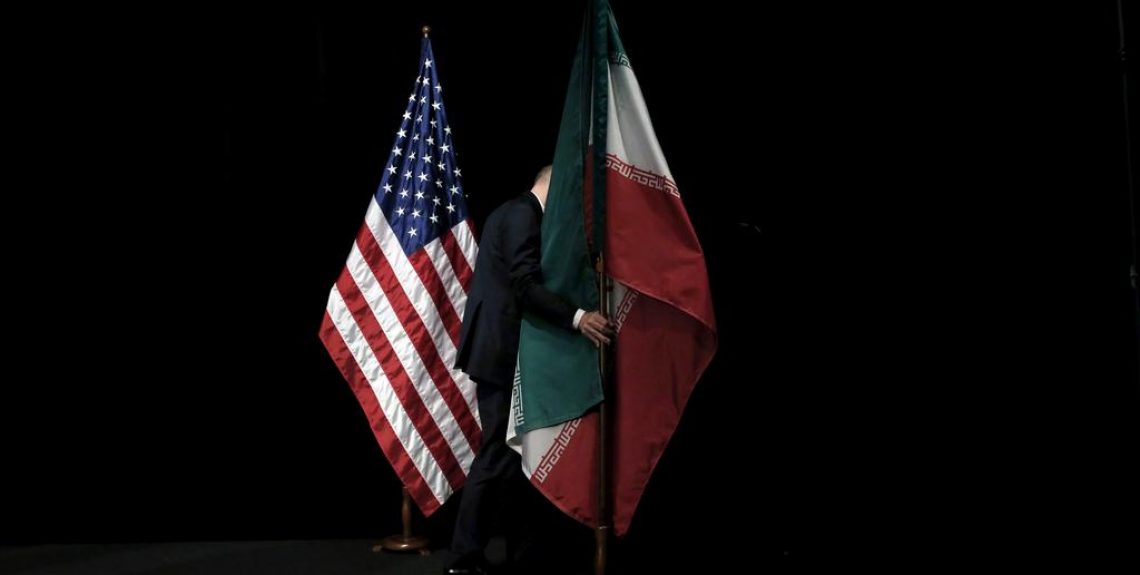After the Biden inauguration, both Iran and the USA have indicated their willingness to return to the implementation of the 2015 Joint Comprehensive Plan of Action (JCPOA) that aims to ensure that Iran’s nuclear programme will be exclusively for peaceful purposes. However, recent announcements suggest that the main impediment to the revitalization of this agreement is the question of who should make the first step in addition to further complications.
Teheran has recently resumed its uranium enrichment process to a 20%level and announced that it intends to increase its stocks of this critical material. This decision was imposed on the Iranian government and its Atomic Energy Organization by a law adopted in December 2020 by the Parliament in response to the murder last November of the top nuclear scientist Mohsen Fakhrizadeh, explicitly blamed on Israel. Besides enrichment, the new law also provides for measures such as the reduction of the present intrusive inspections on Iranian nuclear plants, the start of uranium metal production and the use of more advanced centrifuges. Taken together, these actions, would constitute a major departure from the commitments adopted by Iran under the JCPOA.
It is surprising that the Iranian Parliament, despite having indicated Israel as responsible for the murder of the scientist, decided to react to this deplorable act with actions that are not at all unwelcome to Israel as they undermine that very JCPOA agreement to which prime minister Netanyahu is fiercely hostile.
The Iranian Parliament has shifted to a “maximum pressure” approach precisely at the time when a new administration is making its first steps in Washington. The timing of this turnaround is unfortunate and seems to respond more to domestic considerations than to a coherent foreign policy. The peremptory and menacing language of the Iranian legislators is not addressed to the USA but directly to the Iranian government and even to the president; they all risk being “penalised for felony”, if they refuse to implement this law.
The Iranian Foreign Minister Zarif is trying to mitigate the negative international impact of these new measures by stressing that they would be revoked should the USA and the other signatories to the JCPOA provide relief from sanctions. In fact, with the exception of uranium 20% enrichment, other measures imposed by Parliament are not immediately operational: five months for metallic uranium new plant inauguration are needed, one year for the installation of new centrifuges, while the two months for revoking the enhanced inspections should elapse this February. Actually the uranium enriched beyond the permitted limits could be easily downblended or exported.
Iran’s counterparts in the JCPOA and the USA should not feel under pressure because of the Iranian domestic deadlines, but they should still seek in good faith to achieve an early gradual de-escalation plan. The recent US withdrawal of its support to the Saudi-led coalition in Yemen and the removal of the foreign terrorist status for the Houthis are meaningful signals. The EU should also give a good example by ignoring secondary sanctions and encouraging as of now its companies and banks to return doing business with Iran.
The question of “who goes first” in returning to its original commitments is childish and not a credible reason to miss this historic opportunity.
Carlo Trezza
Carlo Trezza was Italy’s Ambassador for Disarmament in Geneva and chaired the Conference on Disarmament, the UN secretary general’s Advisory Board on Disarmament Affairs and the Missile Technology Control Regime.






















